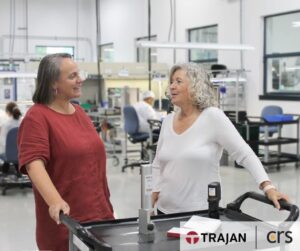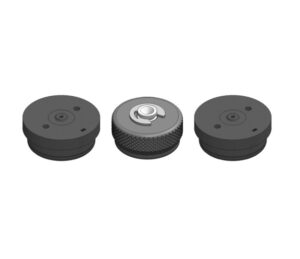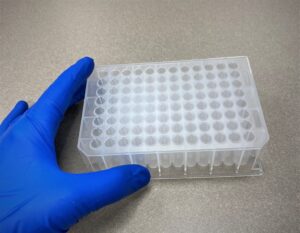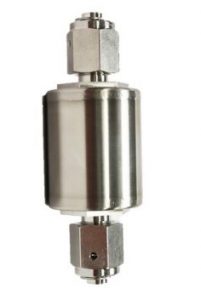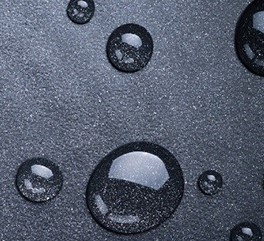At CRS, we have a wide range of options to purify your laboratory gases. We understand it can be overwhelming to narrow down which is the right one for your application. Never fear, we are always available for technical support and with the right information, we can help make the best recommendation for you. We typically have a set of questions to help us narrow down the options. The purity level of your source gas, and your flow and pressure ratings can drastically affect how long any given filter will last for your specific application. Once we know the parameters of your work, we can give you several options to choose from and show you the benefits of each.
Note that all our filter options are not meant to be directly compared as they each have their own purpose in the lab. Glass indicating purifiers are meant as a downstream breakthrough notification of other high-capacity inline filters such as our ZPures. They are not meant as a stand-alone purifier in most cases. However, some applications have such low flow rates that even a single glass indicating trap could last them several months without replacement. Inline filters also come in various sizes to suit the end user’s application from the standard 130cc to our XL 750cc.
The Advanced Filter system is a bench or wall mounted system that combines the long life of inline traps with the benefit of a built-in indicator. The AFS can typically guarantee protection for at least a year in most applications which makes it a great all in one option.
It is worthwhile to note that we do not have hydrocarbon contaminant indicators. So, relying on the oxygen and moisture indicators is not always a full proof path to take. It is possible that you could have HC breakthrough long before you are warned by one of the other indicators. Therefore, we always suggest you consult CRS on lifetime estimates to help put a maintenance schedule in place for most applications. Even with a known contaminant level of hydrocarbons, phenomena can occur to affect the integrity of the system, a leak or perhaps a bad cylinder of gas cannot be predicted, and you should always be prepared with a backup filter replacement on deck.
Changing any parameters in your application can affect your lifetime calculation. For example, a simple change in flow rate of 0.5 SLPM can throw the lifetime expectancy off hundreds to thousands of days.
For more information on which filter might be best for you, please have the information from this form ready and contact us! We would love to hear all about your application and how we can make the most out of your setup.


